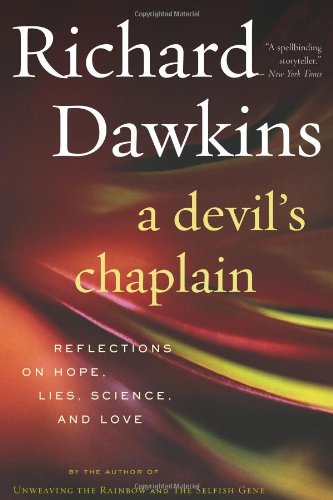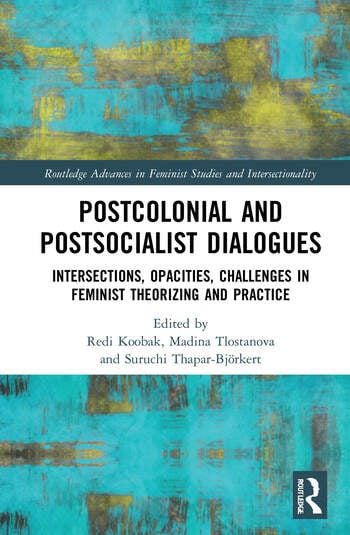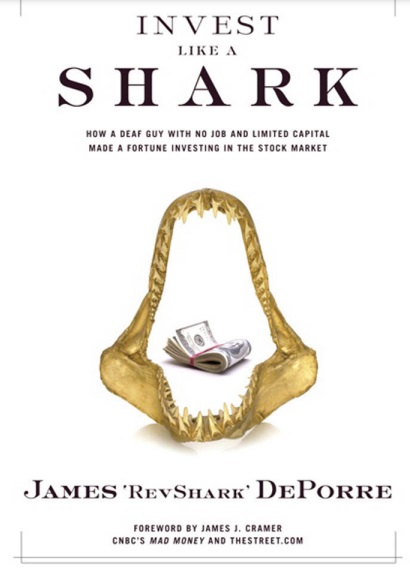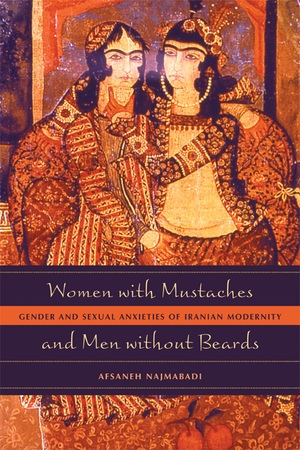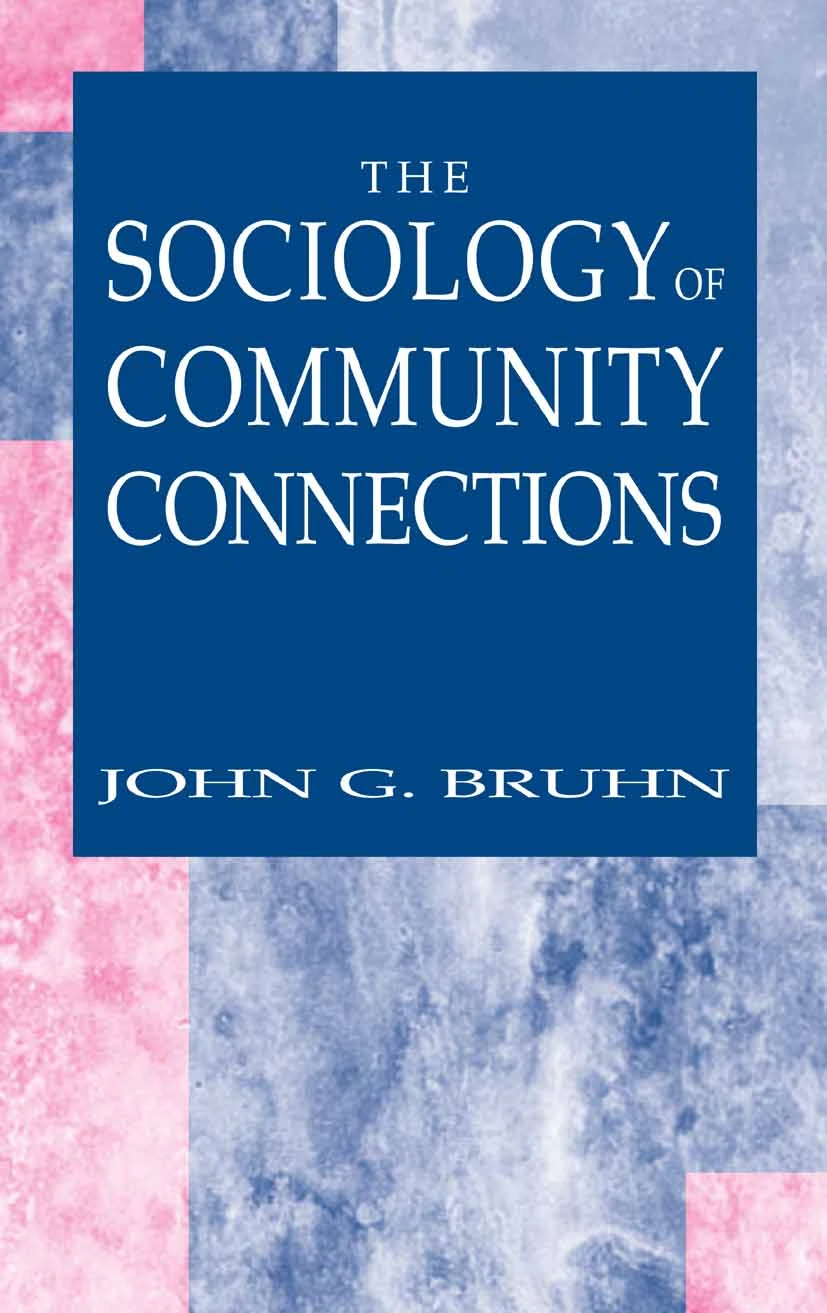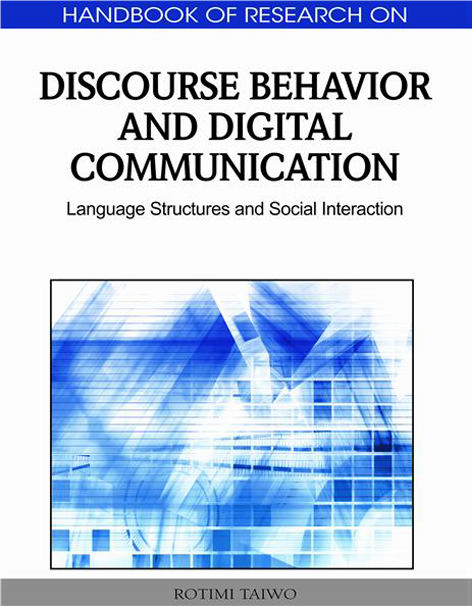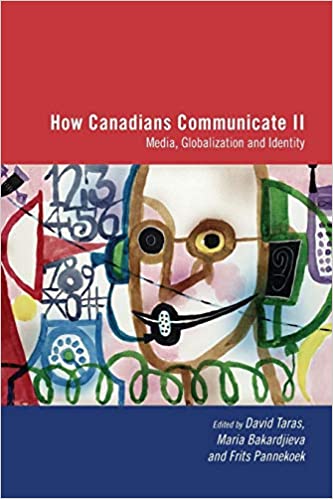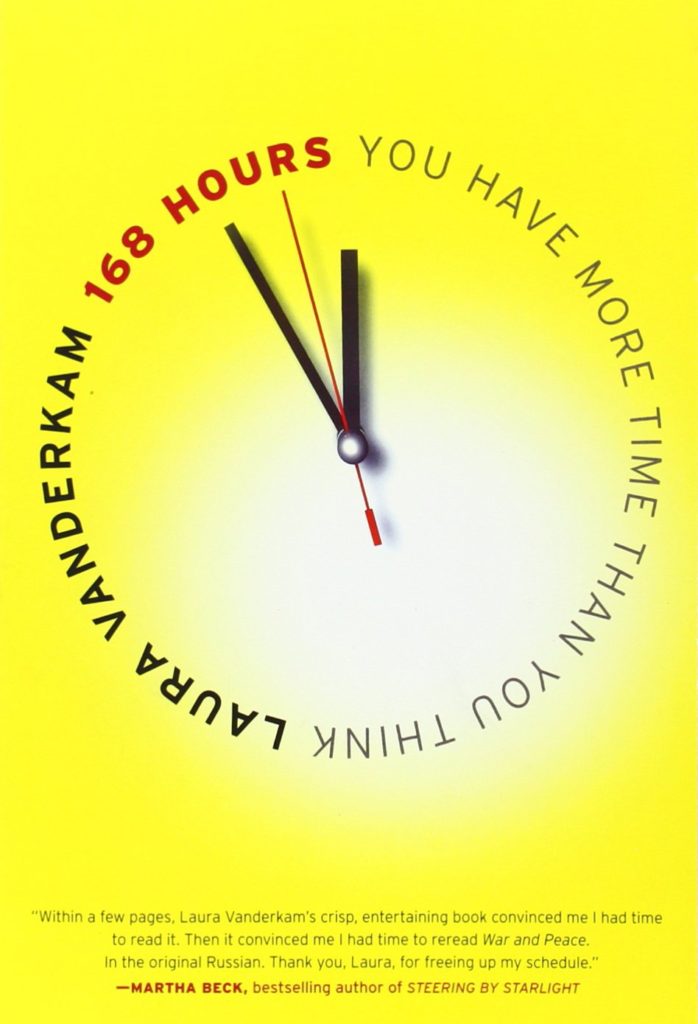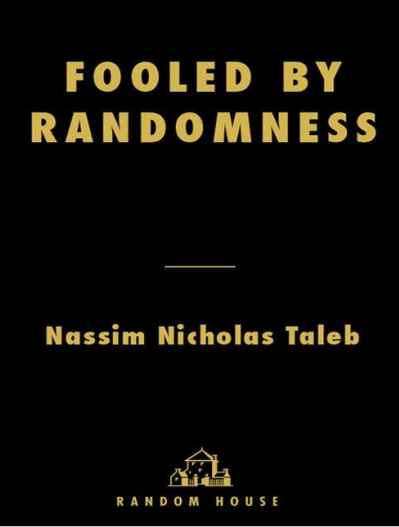موضوعات
آموزش و پرورش
ادبیات و زبان
پزشکی، دندانپزشکی و داروسازی
تاریخ و جغرافیا
داستان و رمان
دیگر
دین و فلسفه
روانشناسی
ریاضیات و آمار
سلامتی، تناسب اندام و رژیم غذایی
شیمی و پلیمر
علوم اجتماعی و حقوق
علوم زیستی و بیوتکنولوژی
فیزیک و نجوم
کامپیوتر و اینترنت
کتابهای کودکان و داستان
کسب و کار و اقتصاد
کشاورزی و دامپزشکی و غذا
معماری
مهندسی و فناوری
هنر و تئاتر
محصولات
A devil's chaplain: reflections on hope, lies, science, and love - Original PDF
نویسندگان: خلاصه: The first essay in this volume, A Devil's Chaplain (1.1), has not previously been published. The title, borrowed by the book, is explained in the essay itself. The second essay, What is True? (1.2), was my contribution to a symposium of that name, in Forbes ASAP magazine. Scientists tend to take a robust view of truth and are impatient of philosophical equivocation over its reality or importance. It's hard enough coaxing nature to give up her truths, without spectators and hangers-on strewing gratuitous obstacles in our way. My essay argues that we should at least be consistent. Truths about everyday life are just as much - or as little - open to philosophical doubt as scientific truths. Let us shun double standards. At times I fear turning into a double standards bore. It started in child- hood when my first hero, Doctor Dolittle (he returned irresistibly to mind when I read the Naturalist's Voyage of my adult hero, Charles Darwin), raised my consciousness, to borrow a useful piece of feminist jargon, about our treatment of animals. Non-human animals I should say, for, of course, we are animals. The moral philosopher most justly credited with raising today's consciousness in this direction is Peter Singer, lately moved from Australia to Princeton. His The Great Ape Project aims towards granting the other great apes, as near as is practically possible, civil rights equivalent to those enjoyed by the human great ape. When you stop and ask yourself why this seems so immediately ridiculous, the harder you think, the less ridiculous it seems. Cheap cracks like 'I suppose you'll need reinforced ballot-boxes for gorillas, then?' are soon dispatched: we give rights, but not the vote, to children, lunatics and Members of the House of Lords. The biggest objection to the GAP is 'Where will it all end? Rights for oysters?' (Bertrand Russell's quip, in a similar context). Where do you draw the line? Gaps in the Mind (1.3), my own contribution to the GAP book, uses an evolutionary argument to show that we should not be in the business of drawing lines in the first place. There's no law of nature that says boundaries have to be clear-cut.Postcolonial and Postsocialist Dialogues - Original PDF
نویسندگان: خلاصه: Through staging dialogues between scholars, activists, and artists from a variety of disciplinary, geographical, and historical specializations, Postcolonial and Postsocialist Dialogues explores the possible resonances and dissonances between the postcolonial and the postsocialist in feminist theorizing and practice. While postcolonial and postsocialist perspectives have been explored in feminist studies, the two analytics tend to be viewed separately. This volume brings together attempts to understand if and how postcolonial and postsocialist dimensions of the human condition - historical, existential, political, and ideological - intersect and correlate in feminist experiences, identities, and struggles. In the three sections that probe the intersections, opacities, and challenges between the two discourses, the authors put under pressure what postcolonialism and postsocialism mean for feminist scholarship and activism. The contributions address the emergence of new political and cultural formations as well as circuits of bodies and capital in a post-Cold War and postcolonial era in currently re-emerging neo-colonial and imperial conflicts. They engage with issues of gender, sexuality, race, migration, diasporas, indigeneity, and disability, while also developing new analytical tools such as postsocialist precarity, queer postsocialist coloniality, uneventful feminism, feminist opacity, feminist queer crip epistemologies. The collection will be of interest for postcolonial and postsocialist researchers, students of gender studies, feminist activists and scholars.Invest Like a Shark: How a Deaf Guy with No Job and Limited Capital Made a Fortune Investing in the Stock Market - PDF
نویسندگان: خلاصه: The book you are holding is, hands-down, one of the most original and insightful books I have ever read when it comes to teaching you, the individual investor, not only why you have the ability to beat the Whales of Wall Street, but also how you can do it.Women with Mustaches and Men without Beards - Original PDF
نویسندگان: خلاصه: Drawing from a rich array of visual and literary material from nineteenth-century Iran, this groundbreaking book rereads and rewrites the history of Iranian modernity through the lens of gender and sexuality. Peeling away notions of a rigid pre-modern Islamic gender system, Afsaneh Najmabadi provides a compelling demonstration of the centrality of gender and sexuality to the shaping of modern culture and politics in Iran and of how changes in ideas about gender and sexuality affected conceptions of beauty, love, homeland, marriage, education, and citizenship. She concludes with a provocative discussion of Iranian feminism and its role in that country's current culture wars. In addition to providing an important new perspective on Iranian history, Najmabadi skillfully demonstrates how using gender as an analytic category can provide insight into structures of hierarchy and power and thus into the organization of politics and social life.The sociology of community connections - Original PDF
نویسندگان: خلاصه: The Sociology of Community Connections is about how we interact and connect with one another as individuals and groups in a variety of social situations. We interact out of necessity and connect as a consequence of choice, and it is our connections that create community. Networks of communities that are interdependent, diverse, and responsive to change, yet cohesive, provide the infrastructure for a healthy society. In today's world, our societal infrastructure is continuously being tested by forces and demands that attempt to alter it, and thereby change the nature of how we connect within our various communities. We need to analyze these forces and demands and understand the impact they have on our connections so that, individually and collectively, we can create more social capital than we use. In the last decade, as the world has become smaller and more interdependent, the definition of community has changed. In our society--indeed, in the world--there seem to be more broken and fragmented relationships than in the past, an absence of connections where they appear to be needed, an uncertainty and lack of trust in relationships we have sustained, and a tendency to select, restrict, and even plan those connections that promote self-interest. This graduate-level text explains how our early connections and attachments are formed and discusses past and present conceptions of community. A major portion of the book describes how the sociology of connections takes place in a variety of communities such as: immigrant and ethnic communities, the fragmented communities of the poor and homeless, communities experiencing crises, communities of exclusion and excluded communities, religious communities, cyber communities and solitary communities. The Sociology of Community Connections is highly recommended for classes in sociology, social work, social and cultural anthropology, community psychology, communications, criminal justice, and urban planning.Handbook of Research on Discourse Behavior and Digital Communication - Original PDF
نویسندگان: خلاصه: With the growth and advancement of digital communication technology over the past decade and the advent of modern telecommunications and the Internet, the structure of human behavior and social interaction has been redesigned. The Handbook of Research on Discourse Behavior and Digital Communication: Language Structures and Social Interaction is a compendium of over 50 scholarly works on discourse behavior in digital communication. The diverse, but related disciplinary perspectives presented in this handbook further establishes how modern communication technologies are shaping discourse and social interaction all over the world; providing a comprehensive overview of empirical, as well as theoretical issues on digital communication from various regions of the world.How Canadians Communicate II - Original PDF
نویسندگان: خلاصه: Building on How Canadians Communicate this second volume embarks upon a new examination of Canada’s current media health and turns its attention to the impact of globalization on Canadian communication, culture, and identity. This new collection of essays includes contributions from experts from a wide range of specialties in the areas of communication and technology. Some, as the editors point out, are optimistic about the future of Canadian media, while others are pessimistic. All, however, recognize the profound impact of rapidly changing technologies and the new globalized world on Canadian culture. The contributors highlight the new tools such as blogs, Blackberries, and peer-to-peer networks that are continuously changing how Canadians communicate. And, they explore the various ways in which Canada is adapting to the new climate of globalization, suggesting new and innovative paths to further define and strengthen our uniquely Canadian cultural identity.168hours : you have more time than y ou think - PDF
نویسندگان: خلاصه: Keep track of your time, hour by hour, for a week or two so you can see how you’re actually spending your time. One woman called it “one mortifying experience” when she realized how much time she was actually spending checking Facebook while at work and how often it derailed her from getting actual things done. Figure out what your core competencies are and spend your time doing those. What are you best at? Writing? Cooking? Nurturing relationships with our significant others and children (hopefully no one is better at that than you are . . . ). Maximize your time doing those things and minimize how much time you spend doing other things. Stop doing pretend work. Lots of us spend a lot of time being busy but doing things that aren’t actually that valuable. Are you spending a lot of time doing meaningless housework, or setting up elaborate organizational systems or having long conference calls that could be finished in ten minutes if you got right on task? Whether this is in your home life or your work life, you could probably get the “have to” things done a lot faster and more efficiently than you do. I basically always spend the entire two hours of nap and quiet time at my desk, but I often end up wasting so much time trying to multi-task between screens, doing fairly unimportant busy work (spending the last $15 on a gift card or trying to clear my inbox) that I end up having to work in the evenings too and then I feel like I spend all my time “working.” Since I finished this book, I’ve made a list each day of what I needed to get done and then I just put my head down and work, not getting distracted by the other maybe-should be things that don’t matter nearly so much or could get done later at a less focused time. Decide what you can off-load. She’s an enormous fan of outsourcing as much as possible, whether it’s laundry, grocery shopping, house cleaning, lawn care, etc. She argues that Pick 2-4 hobbies or activities you want in your life. You may be saying you want to sew more or read more books or volunteer with an organization you care about or run a marathon, but then you end up squandering your free time doing really low-investment things like watching TV (which is draining and not nearly as fun as you think it is). Figure out what you want to do and then when you can fit them in and make the happen. You’ll be rejuvenated by doing the things you’ve always meant to do and the lure of the Internet and TV will be reduced. She also says one of your hobbies really should/must be exercise. When you consider doing 30 minutes, 5 days a week, that’s only 3 hours out of your entire 168 a week. You can probably (almost certainly) fit it in. I love that she doesn’t argue that it’s easy to make it happen. It takes a lot of planning and discipline to make your life look like you want it to, instead of just piddling your life away running errands, checking email, and watching TV. And she has such an engaging writing style – I think she’s somewhat similar to Gretchen Rubin, with a lot of anecdotes, discussions about what she does well herself and also where she falls short, and an ability to make all sorts of data and statistics really engaging. There are certainly things I don’t agree with her on. I’m not willing to let my housekeeping slip to barely passable to get back a small chunk of time; I’m not the world’s best housekeeper by any means and the time I spend cleaning is fairly minimal, but I don’t keep things tidy because I care what other people think – I keep the clutter to a minimum because it makes ME crazy when there are piles of things on every surface. And she doesn’t seem to enjoy cooking like I do – yes, I could probably reduce the time I spend cooking by making easier meals or doing grocery delivery, but I’m not looking to outsource those things and I like to cook. And having been in schools, I totally disagree with her hypothesis that school lunches are way improved from days of old and that it’s well-worth having your kids just buy a lunch for a few bucks (also, having just read Slim by Design, I know that people who pack their lunches tend to eat more healthily than those who buy because you pack your lunch when you’re usually not terribly hungry (after dinner or breakfast) and so you make fairly good choices, whereas if you buy lunch when you’re starving, guess what you buy? Not salad).Fooled By Randomness - PDF
نویسندگان: خلاصه: This is my book summary of Fooled by Randomness by Nassim Nicholas Taleb. My notes are informal and often contain quotes from the book as well as my own thoughts. This summary also includes key lessons and important passages from the book. According to Taleb, the book's most popular chapter was Chapter 11, the one in which he compressed all the literature on the topic of miscalculating probability. Important point: “it's more random than we think, not it is all random.” Chance favors preparedness, but it is not caused by preparedness (same for hard work, skills, etc.) “This business of journalism is just about entertainment, particularly when it comes to radio and television.” As much as we want to “keep it simple, stupid” … It is precisely the simplification of issues that are actually very complex, which can be dangerous. “Things that happen with little help from luck are more resistant to randomness.” “Mild success can be explainable by skills and labor. Wild success is attributable to variance.” One common theory for why people pursue leadership is because of “social emotions” which cause others to be influenced by a person due to small, almost imperceptible physical signals like charisma, gestures, and gait. This has also been shown via evolutionary psychology: when you perform well in life, you get all “puffed up” in the way you carry yourself, the bounce in your step, etc. From an evolution standpoint this is great because it becomes easier to spot the most successful / desirable mate. The concept of alternative histories is particularly interesting. If you were to relive a set of events 1000 times, what would the range of outcomes be? If there is very little variance in your alternative histories (i.e. You chose to become a dentist and you will probably make more or less the same amount of money and live a similar lifestyle all 1000 times), then you are in a relatively non- random situation. Meanwhile, if there is a very wide range of normal results when considering 1,000 variations (entrepreneurs, traders, etc.), then it is a very random situation. The quality of a choice cannot be judged just by the result. (I first learned this in baseball. Just because a pitch you call or play you call doesn't work out doesn't make it a poor choice. It could have been the right call, but bad luck. Or vice versa.) “Certainty is something that is likely to take place across the highest number of different alternative histories. Uncertainty concerns events that should take place in the lowest number of them.” You should think carefully about getting more insurance / shielding yourself from events that — although unlikely — could be catastrophic. You essentially want to insulate yourself from terrible random accidents. We have a tendency to see risks against specific things as more likely than general risks (dying in a terrorist attack while traveling vs. dying on your next trip, even though the second includes the first). We seem to overvalue the things that trigger an emotional response and undervalue the things that aren't as emotional. We are so mentally wired to overvalue the sensational stories that you can “realize informational gains by dispensing with the news.” Fascinating famous Swiss study of the amnesia patient who couldn't remember doctor's name but did remember him pricking her hand with a pin. “Every man believes that he is quite different.” It's better to value old, distilled thoughts than “new thinking” because for an idea to last so long it must be good. That is, old ideas have had to stand the test of time. New ideas have not. Some new ideas will end up lasting, but most will not. The ratio of undistilled information to distilled is rising. Let's call information that has never had to prove its truth more than once or twice, undistilled. And information that has been filtered through many years, counter arguments, and situations is distilled. You want more distilled information (concepts that stand the test of time and rigorous analysis) and less undistilled information (the news, reactionary opinions, and “cutting edge” research). There is nothing wrong with losing. The problem is losing more than you plan to lose. You need clear rules that limit your downside. (“If any investment loses one million dollars then our firm sells immediately.”) Much of what is randomness is timing. The best strategy for a given time period is often not the best strategy overall. In any given cycle, certain places will be dangerous, certain trading strategies will be fruitful, etc. If you find yourself doing something extraordinarily well in a random situation, then keep doing what's working but limit your downside. There is nothing wrong with benefitting from randomness so long as you protect yourself from negative random events. Randomness means there are some strategies that work well for any given cycle (an extreme fad diet), but these cycles are often short to medium term successes. More importantly, the strategies that work for a given cycle in the short term may not be the best for long run. They are sub optimal strategies winning over a randomly beneficial short term cycle. The same can said for setting huge goals, following a fad diet, chasing an extreme training protocol, and so on. Unsustainable and suboptimal for the long term. In this way, evolutionary traits that are undesirable can survive for a period of time in any given population. That is, suboptimal strategies and traits can seem desirable in the short run even though they will be resoundingly defeated in the long run. Important point: you can never affirm a statement, merely confirm its rejection. There is a big difference between “this has never happened” and “this will ever happen.” You can say the first, but never truly confirm the second. It just takes one counter example to prove all previous observations wrong. We never know things for sure, only with varying degrees of certainty. There are only two types of ideas. Those that have been proven wrong and those which have yet to be proved wrong. (Feynman said something similar.) Strive to become a man of leisure who can afford to sit with ideas, think properly about them, and gradually provide something of value. Science is speculation. This is important to remember. Scientists are simply creating well-formed and well-educated conjectures about the world. But they are still conjectures that can be proved incorrect by one random event. It's a difficult standard to demand that you can actually implement ideas and not merely share them (there have been many brilliant philosophers and scientists who have had great ideas they didn't personally use), but is an idea really that great if you can stick to it? Obviously, everyone has different skills and circumstances, so maybe someone can use your idea even if you can't. But generally speaking, I think you should be able to live out the ideas you share. Pascal: “the optimal strategy for humans is to believe in the existence of God. For, if God exists, then the believer will be rewarded. If God does not exist, the believer will have nothing to lose.” My first thought: “yes, but what if you believe in the ‘wrong' God?” Should you play a numbers game and believe in the God most people believe in? Or, can we safely assume that of the infinite number of possible Gods humans could have designed it is unlikely that any of the ones we worship are actually the God? So, just believe that a higher power exists? Whew. Tough call here. Social treadmill effect: you get rich, move to a better neighborhood, surround yourself with more successful people, and feel poor again. “Remember that nobody accepts randomness in his own success, only his failure.” Skewness and expectations: you can't just look at the odds of something happening, but also the payoff you receive if it works (and the cost of it failing). A bet on something very unlikely can be smart if the payoff is large and you have rules to limit the many small losses that are likely. Minor stalemates in life can often be solved by choosing randomly. In many cases it doesn't really matter so long as you choose something and move forward. We follow rules not because they are the best options, but because they make things fast and easy. Humans are inherently flawed. The cognitive biases that we have are simply a result of how our brains work. Sometimes these biases help us rather than hurt us. But they are always a result of how we are built. That makes them particularly difficult to avoid. We seem to focus too much on “local” changes, not global ones. That is, we care too much about the latest change rather than the overall trend. “Wealth does not make people happy, but positive increases in wealth may.” We do not think, but use heuristics to make decisions. Emotions are “lubricants of reason.” We actually need to feel things to make decisions. Emotions give us energy and they are actually critical to life in the day-to-day world. In other words, the goal here is not to become a robot who can analyze everything with perfect logic. Even if you know about randomness and cognitive biases, you are still just as likely to fall victim to them. How to overcome these biases? We need tricks. We are just animals and we need to re-structure our environment to control our emotions in a smart way. “Most of us know pretty much how we should behave. It is the execution that is the problem, not the absence of knowledge.” “I try to remind my group each week that we are all idiots and know nothing, but we have the good fortune of knowing it.” Do not blame others for your failures. Even if they are at fault. The only aspect of your life that fortune does not have control over is your behavior. Repetitiveness is key for determining if you are seeing skill or randomness at play. Can't repeat it? Not skillful. “We favor the visible, the embedded, the personal, the narrated, and the tangible. We scorn the abstract. Everything good — aesthetics, ethics — and wrong — fooled by randomness — with us seems to flow from it.”آیا کتاب مورد نظر هنوز بر روی سایت قرار نگرفته است؟ جای نگرانی نیست! کافی است بر روی گزینه سفارش کتاب کلیک کرده و درخواست خود را ثبت کنید. در کمتر از چند ساعت کتاب شما را آماده خواهیم کرد.
